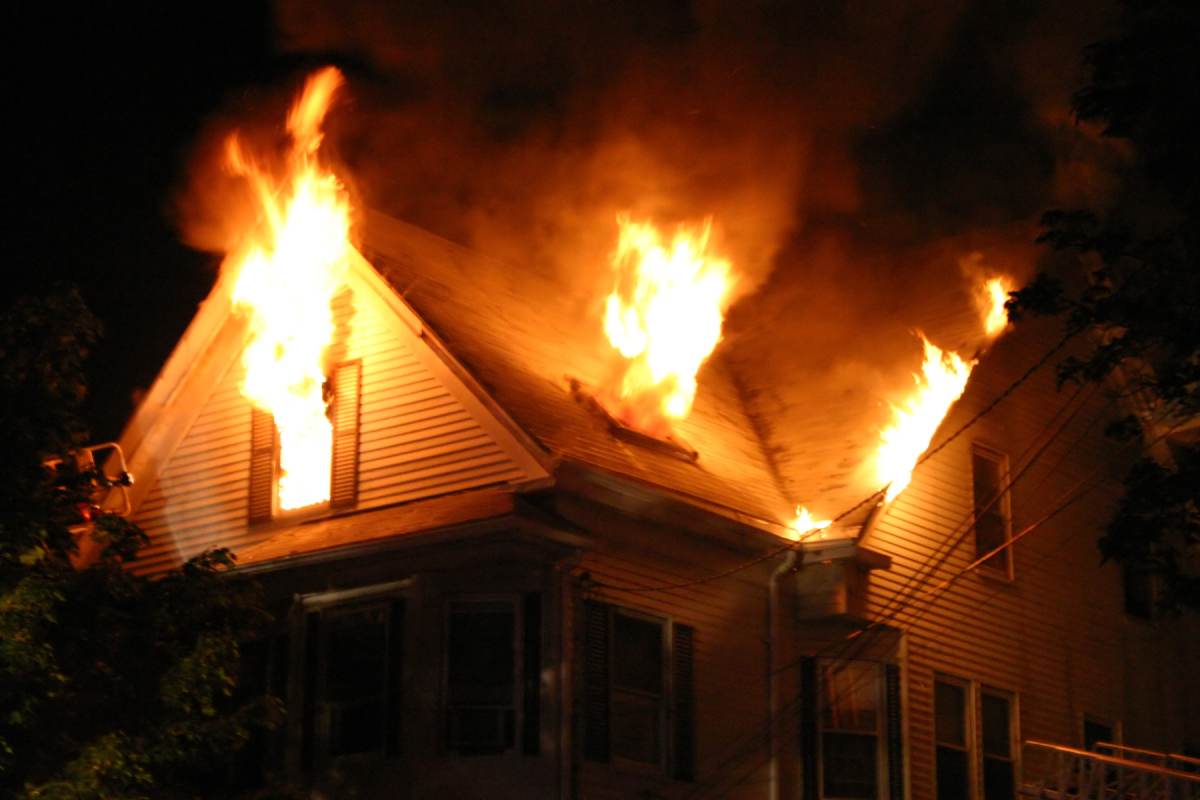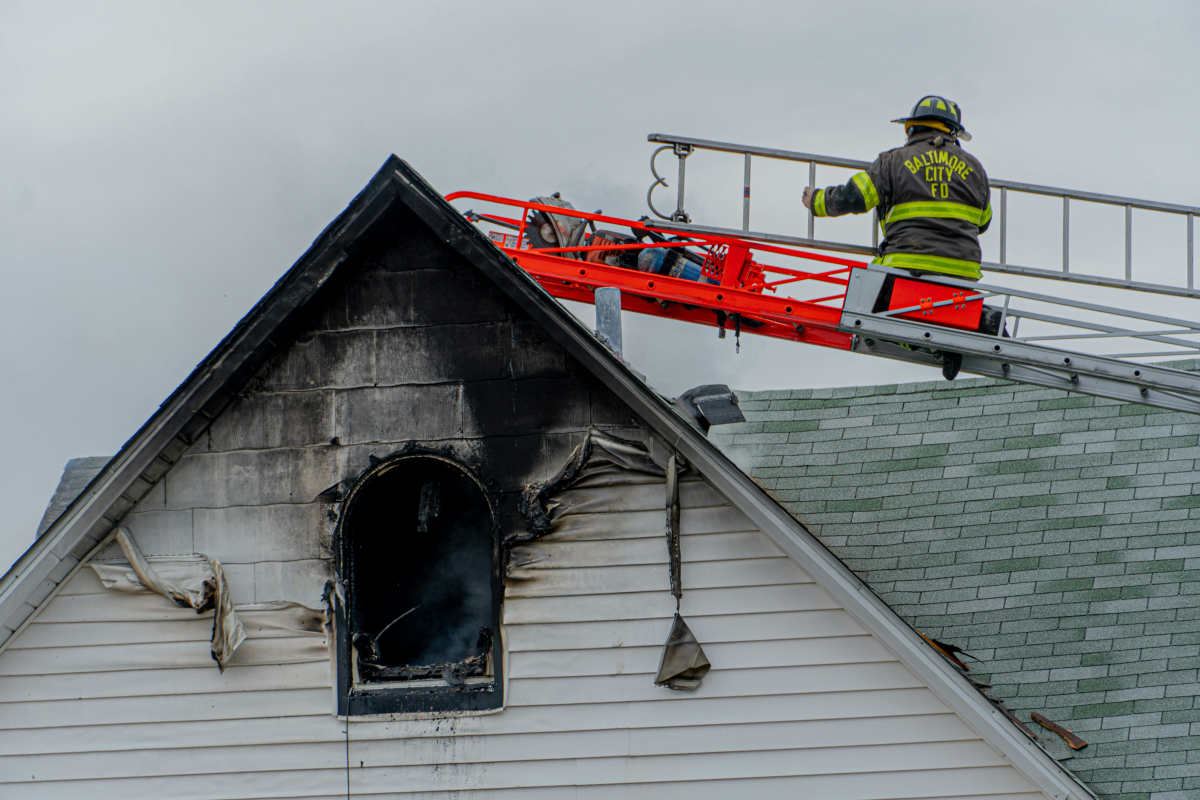Closed or open bedroom door? A 10-year fire safety study revealed one sleeping habit that could save your life

When a house fire breaks out, the most important thing is to get away from the smoke and flames or to delay its spreading as much as possible. This can happen only when smart measures and precautions are taken in advance, before a fire breaks out. The UL Fire Safety Research Institute conducted fire safety research over 10 years and concluded that one important sleeping habit can delay the effects and danger in case of a fire. The experts have since been sharing a precautionary message for all. There is often confusion about what to do when there are flames all around. While everyone wants to save themselves, the chaos pushes us to make rapid decisions.

Our first thought is to open doors or windows but it is crucial to be mindful before doing anything risky. The department conducted research wherein they used thermal imaging cameras to analyze the effect of a fire spreading in rooms. They tested rooms on the first and second floors of a home and made a noteworthy observation. The rooms with doors closed were detected to have a temperature of less than 100 degrees Fahrenheit, whereas the rooms where doors were left open detected a shocking temperature of over 1,000 degrees Fahrenheit.

Stephen Kerber, director of the Institute, noted, “You could see a remarkable difference that a person could be alive in a room with a closed door much longer.” Furthermore, they even studied the gas concentration in closed versus open rooms. Rooms with doors open were extremely toxic — 10,000 PPM CO (parts per million of Carbon Monoxide). On the other hand, the rooms where doors were closed showed 100 PPM CO. This pushed fire safety personnel to make an important announcement regarding a sleeping habit. “My first piece of advice is sleep with the bedroom door closed,” Kerber cautioned.

He added that it was constantly emphasized “just how much safer” the person would be if they were behind closed doors in case a fire broke out. Often, escaping from the room or place where a fire has broken out is too dangerous or just not possible. In such scenarios, it would be safer to stay behind closed doors where much of the toxic smoke and flames are blocked. Kerber also mentioned that opening doors and windows might not always be the best solution. “People think, ‘Well, there’s smoke in my house. I want to let the smoke out.’ Yes, you’re letting the smoke out, but you’re letting the air in and that’s where the problem occurs,” he said.

He explained that without “oxygen,” the fire won’t be able to burn and spread as fast, giving people more time to call for help or escape. Closed doors are ultimately one of the safest precautions and measures. “If you are a parent with children in the home and that smoke alarm goes off, if you closed their door before you went to bed, if you’ve already put that safety barrier in place, then you know your children have longer to survive in that situation,” Kerber explained. The director urged residents to keep in mind to “Close your Door.” “If Stop, Drop & Roll is for when your clothes are on fire, ‘Close Your Door’ is for when your house is on fire and you cannot get out. It’s the modern version of what needs to be done,” he noted.
More on Amplify
Woman thought she lost pet dog in house fire—firefighter's TV lesson brought dog back to life
This article originally appeared 4 months ago.
